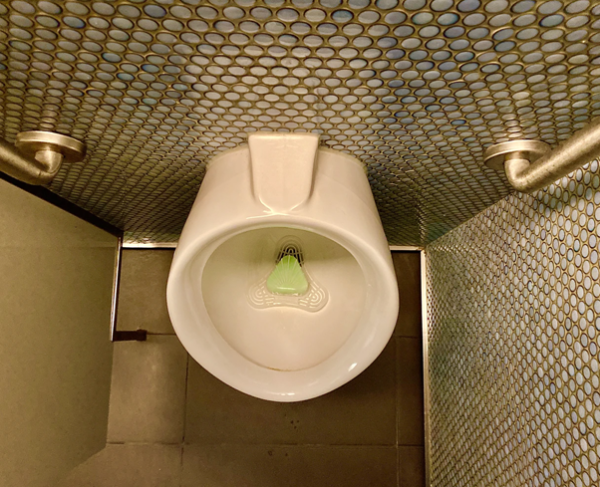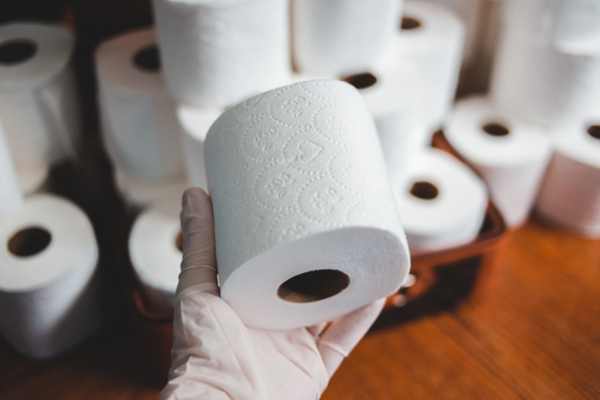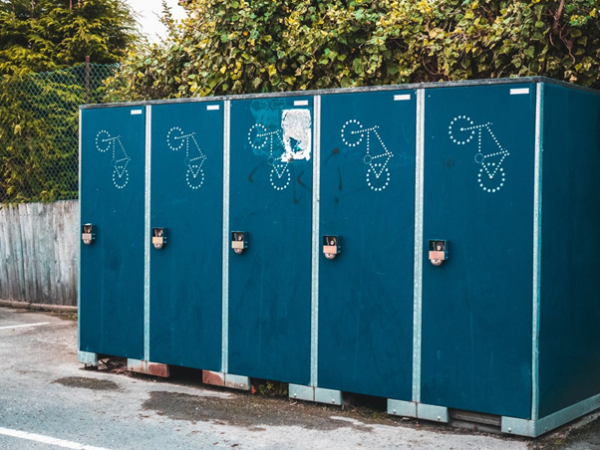
The first public toilet was launched in 1851 in London’s Crystal Palace. The plumber and sanitary engineer, George Jennings, who installed it called the infrastructure ”Monkey Closet”. When it was made known to the public, the people were so excited. Who wouldn’t be? It’s the first public toilet!
With every copper they paid, they were given a soothing relaxation of answering nature’s call, a shoeshine that could last a day, and a clean towel. Now that’s something that would encourage anyone back then to use the facility. It seems like the efforts of Sir John Harrington, inventor of the toilet flush system, had paid off.
As time went by, public toilets were sullied by vandalism and lack of management. Because of that, people would refuse or hesitate to use them. It has become filthy, smelly, and sometimes a den for bad people where they concoct their next move.
How To Keep Public Toilets Clean

The reputation of public toilets had regressed over time. They are indeed unhygienic which pose a threat to your health. However, we can still make a change and make public toilets accessible to anyone once more.
-
Find a suitable restroom
Finding a restroom in public may seem like a challenge. This may be hard since most public restrooms are left unattended to deal with human and nature’s elements. However, if you are conscious about your hygiene and restroom cleanliness, you might as well locate one that is suitable for your needs. You could use your ol’ trusty sense of urgency or a bunch of mobile apps.
-
Wipe the surfaces first
Avoid touching the surfaces with your bare hands. Spray sanitizer or use disinfecting wipes before touching a door handle or anything that is in the restroom. If such materials are unavailable, you could use tissue or toilet paper in wiping the surfaces. But remember to still wash your hands after using the facility for healthcare protocols. Such methods could make you look overreacting or sometimes weird, but keep in mind that public restrooms are breeding grounds of fecal bacteria. You do not want that in your hands. Just like the saying goes: “it’s better to be safe than sorry”.
-
Flush after use
This simple act of public hygiene helps in disposing of your excrements. That reduces the spread of parasites such as intestinal worms that could be deadly to us humans. Did you know that diarrhea is still one of the five leading causes of death of children under five years old? That should be enough to encourage you to improve sanitation in a public toilet.
Moreover, flushing helps in reducing the stench in the restroom. Restroom attendants are not always there to get rid of people’s filth. You have to keep in mind that public toilets are for everyone, not just for you.
-
Wash your hands
Even before the pandemic began, washing your hands after using any restroom has always been advised. The promotion of handwashing has become non-stop because it is a simple task that lots of people do not practice. When you wash your hands after using a public restroom, you are reducing your chances of getting infected with some type of harmful bacteria and viruses.
Adding to that, handwashing does not only save you but other people as well. By doing so, you avoid the transfer of sickness to other people. Essentially, hand washing kills germs that are found on the surface of the skin. If done properly and regularly, you and the people around you will be protected from infectious diseases.
-
Help in restroom clean-ups
Now, this may sound insane but it could help in promoting safe and clean public facilities. Not only that, but you are also helping the restroom attendants in keeping the facility clean. You could help by properly disposing of your toilet paper and materials that you used in the restroom. Wiping surfaces that you touched is also a helpful way as it reduces the transfer of any sickness.
Apart from preventing the transfer of diseases, cleaning the restroom also keeps it in a wonderful condition. People will be encouraged more to use it as public restrooms are not used for ‘number 2’. The experts behind riseadapt.co.uk explain that these areas are also used as changing places. Changing places are essential for people with babies, those who are differently-abled, and many more.
How Dirty Public Toilets Affect Us

On the contrary that public restrooms are filthy enough to compromise a person’s health, microbiologist Jack Gilbert states that “restrooms are not that dangerous”. According to him, the organisms that grow on the surfaces will less likely to pose a threat to you. However, we must not let our guard down. We still have to practice proper hygiene lest we might contract these diseases:
-
Chronic Diarrhea
The Center for Disease Control and Prevention listed chronic diarrhea as one of the sicknesses you could get if you are unhygienic. It could be caused by bacteria, viruses, or parasites. However, Brainerd diarrhea still puzzles experts as it is not usually caused by known factors. It just happens to a person and it could last for more than 4 weeks.
-
Intestinal Parasitic Infections (IPIs)
IPIs are common in urban poor areas that are found in low-income countries. This is usually caused by intestinal worms such as tapeworm, hookworm, and pinworm. It results in abdominal pain, diarrhea, bloating, nausea, dysentery (loose feces containing mucus and blood), and others.
-
Hot Tub Rash
These infections are caused by a bacteria called Pseudomonas aeruginosa which is commonly found in the soil and water. You could be infected with this by direct contact with dirty water. Hot tub rash is treated with antibacterial cream and anti-itching creams that relieve discomfort. You could also use a warm compress to help the infection heal.
There are more hygiene-related diseases that you should be aware of. Some of them could be easily treated with homemade remedies. However, it is best to consult a physician and practice proper hygiene to avoid getting such diseases.
The presence of dirty public toilets should be more than enough to encourage us to practice proper hygiene and promote cleanliness within our community. Such things are easily neglected by a lot of people, but unbeknownst to them, it is essential in keeping us healthy. The pandemic itself was caused by improper hygiene and it has brought the world down to the bottom. We might as well practice something that could prevent more health crises in the future.



